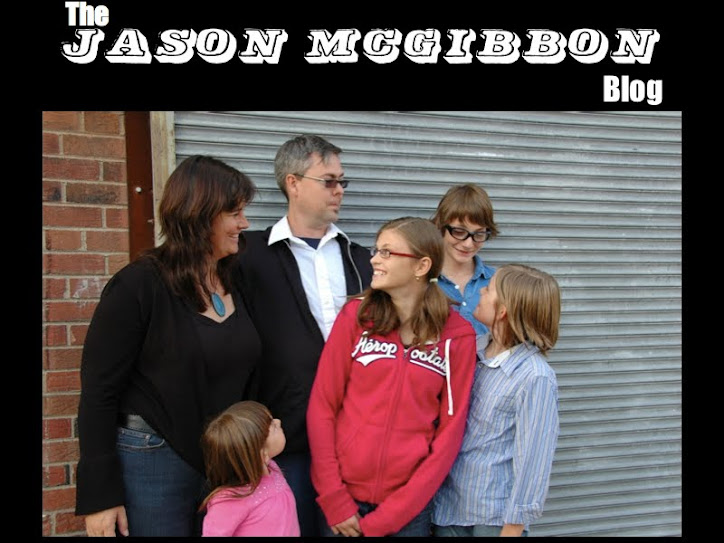Is light considered to be wave or particle? Is an Oreo a crunchy chocolate experience, or creamy goodness? Do we maintain health by diet or exercise? Is Silly Putty a liquid or solid? From Science to silliness, life is full of paradoxical realities or things so closely related they cannot be separated, all of which help us recognize the need for to break for "Either/Or" thinking and embrace "Both/And" realities. The Christian life is no different. I am introducing a new feature here at the blog where I hope to share some thoughts, or at least some good questions, regarding some of these ideas that come from the practice of living our the Christian faith. This being Holy Week leading up to Easter, it seems appropriate to start with the resurrection.
There is so much to be said about how we understand paradigmatic sequence of events that are central to the Christian faith, that it seems crazy to try to discuss them in one short blog entry. For today's purposes, however, I have been thinking about the resurrection in particular. There are very few individuals today who would argue that Jesus was not crucified, fewer still (and certainly not a credible historian) who try to argue that Jesus did not exist. The resurrection, however, is still met with skepticism. This should not come as any surprise, it is a very radical and supernatural claim. When the resurrection is separated from the death of Jesus, it leaves open the possibility of any number of interpretations of Jesus from a simple martyr to a great moral teacher or just a really nice guy. Unfortunately, Jesus' own words about himself don't leave open this possibility. He made some very unique claims about himself, the least of which was not his claim that he would be resurrected (John 2:18-21). As the famous line of reasoning goes, with such claims Jesus was either a liar, a lunatic or Lord. The resurrection alone answers this question. If he was raised from the dead that legitimizes all of his claims, all of his teaching and demonstrates that he in fact is the one to whom all authority has been given.
If we turn to the early church, we see that the resurrection was central to the earliest understanding of the Christian message. In first Corinthians 15:3, Paul writes what he considers to be of first importance, that "Christ died for our sins according to the scriptures, that He was buried, that he was raised on the third day according to the scriptures..." Paul is writing a mere 15-20 years after the death and resurrection, he is writing something that he had already shared with the Corinthians some years earlier, and He is teaching something that he learned many years prior to that. This is an early teaching of the community of believers and it very clearly includes Jesus resurrection. The death and resurrection are central, non negotiable tenets of the Christian faith from its earliest days. Not only was it central to the early churches understanding of Jesus, but by any historical investigation standards this kind of early and eyewitness (again 1 Cor 15:3 ff mentions the appearance to Cephas and the twelve and 500 others) accounting of the incident is very persuasive for historicity sake.
Later in 1 Corinthians 15, Paul goes on to say that if Christ has not been raised, your faith is worthless (1 Cor:17) and that if there is no resurrection of the dead then just eat and drink because tomorrow we die. The resurrection is central, and it must be the starting point for us all. If you are not a follower of Jesus, then let me encourage you to start with the resurrection. It does not really matter what we think of Jesus teaching or any other issue if he did not come back from the grave. If Jesus was not resurrected then sleep in, take it easy and live the good life - he was just a scam and his teachings are of no importance. If he came back from the dead, however, then there is quite definitely something about him. If Jesus came back from the dead then it is probably pretty important that you learn what he had to say about himself and about us.
Subscribe to:
Post Comments (Atom)





No comments:
Post a Comment